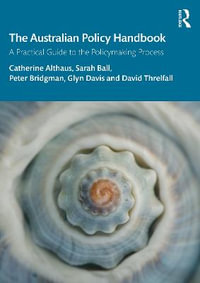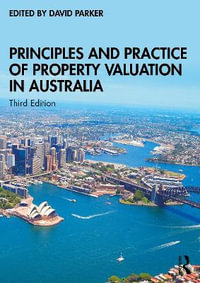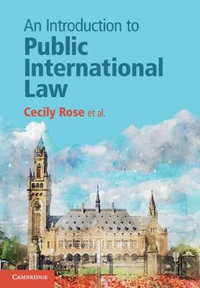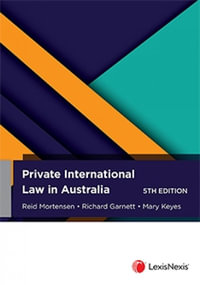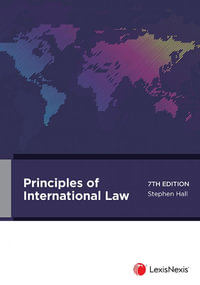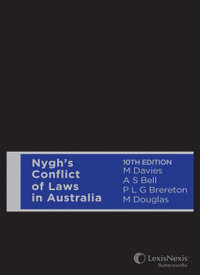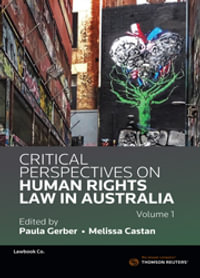This book examines an interesting and relatively understudied area of the evolution of the international rule of law and the role of professional ethics. The rule of law has been gradually developed and promoted at the national level over centuries, however at the international level it has only recently received (more in rhetoric than in implementation) support from a macro perspective - developments of international rules and institutions, and from a micro perspective - ethical codes, independence and un-bias of professionals, working in international organizations and tribunals. The book offers analysis and recommends policies to strengthen the rule of law at international level to meet a major global governance demand in ensuring equity, justice, stability and consistency in international affairs.
Industry Reviews
'This book makes a strong case for the recognition of the importance of rule of law both in domestic law and courts, as well as the conception of international rule of law, where the international tribunals have been critically examined. This original volume recognizes the linkages between domestic and international rule of law and connects them with ethics and governance. The substantial contribution goes beyond the analysis of statutory law and develops a strong jurisprudential foundation for protecting the rule of law. It is written by scholars with outstanding records of publications, who significantly contributed to the advancement of knowledge in a number of related fields. This explains the authoritative nature and the intellectual rigour, the strong thematic framework and policy focus all throughout, which does not lose sight of the scholarly arguments that are essential in a book of this nature.' C. Raj Kumar, O.P. Jindal Global University, India 'The United Nations is the symbol of humanity's aspirations for a rules-based international order, whether this be in security, human rights or environmental governance. Just as the organization provides a platform where the weak and the powerful can interact on formally equal terms, so law mediates relations between unequals by acting as a constraint on capricious behaviour and setting limits on the arbitrary exercise of power. This admirable book traces the progressive internationalization of the rule of law, offering along the way intriguing insights into how various professions have helped to develop and implement international ethical standards.' Ramesh Thakur, Australian National University





